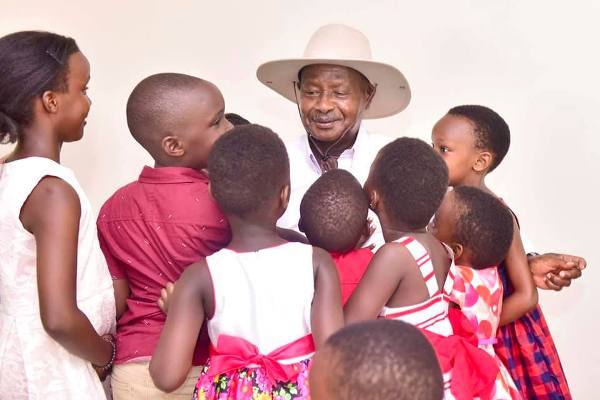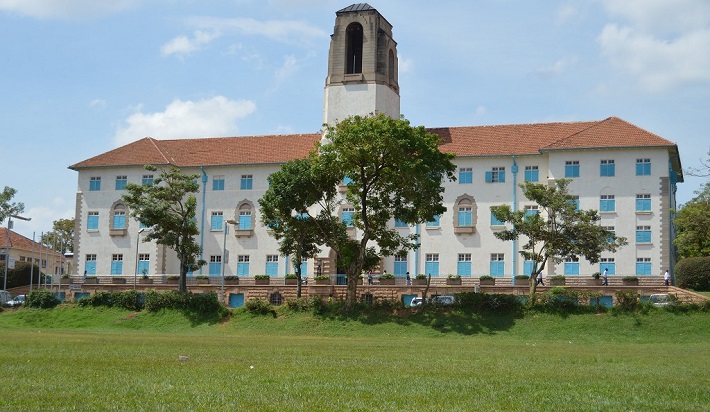The Ministry of Energy and Mineral Development has set March 2023 as the end to the power outages that have condemned the West Nile region in darkness for years.
The commitment was made by Opolot Okaasai, Minister of State for Energy during the debate on the report on the erratic Electricity Supply in West Nile authored by Parliament’s Committee on Environment and Natural Resources.
“I wish to confirm that the 33KV line is actually on in West Nile and power has relatively stablised in the region. There may be occasions when there are outages and those outages is because we incur a lot of losses in the 33KV line. The delivery of power in the main grid is progressing well and we expect that that work will be completed by March 2025,” Minister Okaasai said.
However, Denis Lee Oguz (Maracha County) described assertions by the Minister that power outages in West Nile had been dealt with as false saying that the region is still being haunted by darkness.
“The information we have is that your system hasn’t been synchronized to the local system and as such, the power can’t go to West Nile. What you are talking about is just lines without power. As we talk right now, National Water actually can’t supply water for about three months, they can’t pump water which is as a result of lack of power,” said Oguz.
He also accused the Ministers of Energy for telling the President in one of the meetings with MPs from West Nile held at State House that West Nile doesn’t have the capacity to consume electricity, describing such remarks as unfair, wondering if such sentiments are what informed the distribution plans in the US$331.5M equivalent to Shs1.241Trn loan that Parliament approved for expansion of electricity across the country.
According to Oguz, the whole of West Nile will receive 140,000 connections, Central region will get 460,000 connections, while Western Uganda will get over 200,000 connections and Eastern Uganda will get more than 200,000 connections.
“I think sometimes our people think that this is a very structural problem to keep some parts of the country backward. Our people have lived in energy poverty for a long time. The North has only 140,000 connections and yet they are living in darkness, is there equity in this country?” he said.





